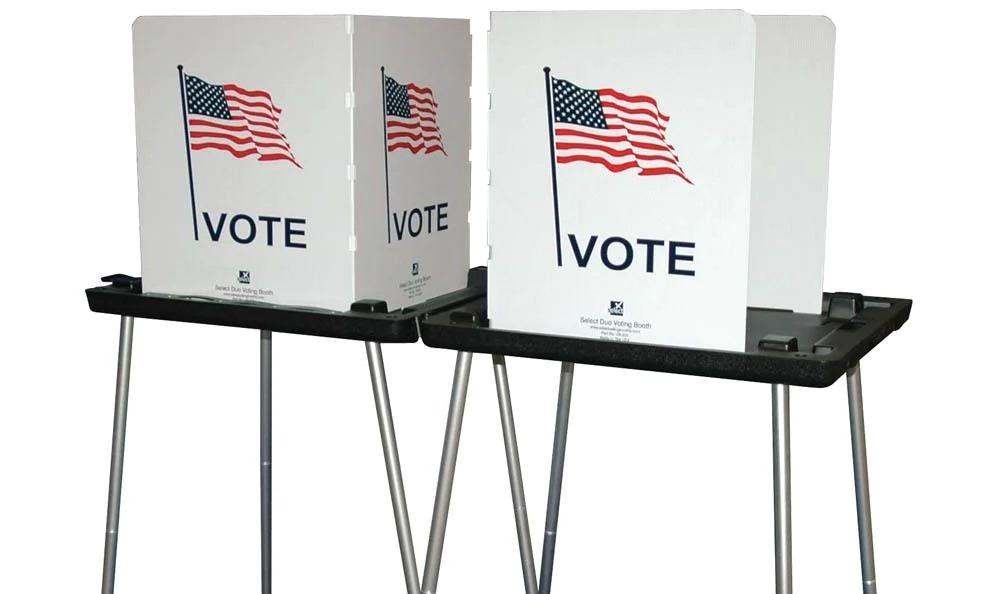Well, they’re at it again. By “they” I mean the New Hampshire House Republicans. By “it” I mean more attempts at voter suppression.
According to recent information from Independent Voter Project, NH has just under one million registered voters. The numbers are broken up like this: Undeclared – 399,395; Democrats – 303,060; Republicans – 298,470.
One can see at a glance, where the minority lies.
With a new year comes new attempts at voter suppression by the minority group who holds the majority in Concord. Rep. Robert Lynn (R-Windham) recently proposed House Bill 1569, which is meant to greatly increase voting requirements. If passed, a photo ID would be required at the polling place, no exceptions. Presently, a first time voter can affirm their identity and residence by filling out an affidavit and within a week of the election, mail the proper corresponding documents to the Secretary of State’s office. Failure to do so results in their ballot being disqualified from the final count. There is also a little matter of NH law; voting with a false address or identity can be investigated by the Atty. General’s office as voter fraud under RSA 7:6-c.
Rep. Lynn’s proposed bill would do away with the affidavit, instead requiring first time voters to bring in a birth certificate, naturalization papers or a passport. Other documents proving citizenship would also be accepted for registering.
What college student generally has that kind of document(s) hanging around their dorm? Maybe that’s the point, stop them from exercising their right to vote.
This bill was tabled last year in the House after it was deadlocked (along party lines) by the Election Law Committee on whether or not to recommend it. Now the bill has reared its suppressive head once again at a Feb. 20 hearing before the Election Law Committee. Those opposed basically argued “the system ain’t broke,” no fixing necessary. The affidavit system is working just fine, thank you very much!
A little brief history about an earlier attempt at voter suppression. In 2018, House Bill 1264, came before the NH Supreme Court. This particular legislation made it harder for college students by amending the definitions of the words “resident” and “residency.” The chief justice of the NH Supreme Court at the time was none other than Mr. Robert Lynn. He authored the court’s opinion and found the law to be constitutional.
Gov. Chris Sununu, who had once promised, he "would never support anything that suppresses the student vote", then signed HB 1264 into law.
It remains to be seen if HB 1569 is unconstitutional.
There are several organizations actively working to protect voting rights and promote fair, accessible elections. Here are a few:
- League of Women Voters of New Hampshire (LWVNH): The LWVNH is a nonpartisan organization that focuses on educating voters, advocating for voting rights, and encouraging civic participation. They provide valuable information about elections, candidates, and voting procedures.
- American Civil Liberties Union (ACLU) of New Hampshire: The ACLU is committed to defending civil liberties, including voting rights. They engage in legal advocacy, public education, and lobbying efforts to ensure that every eligible voter can cast their ballot without hindrance.
- New Hampshire Campaign for Voting Rights: This coalition of organizations and individuals works collaboratively to protect voting rights. They advocate for policies that expand ballot access, combat voter suppression, and promote transparency in elections.
- Common Cause New Hampshire: Common Cause is dedicated to promoting open, honest, and accountable government. They work on issues related to campaign finance reform, redistricting, and voting rights.
- Granite State Progress: While not exclusively focused on voting rights, they advocate for progressive policies and fair elections. They monitor legislation and engage in grassroots organizing.

